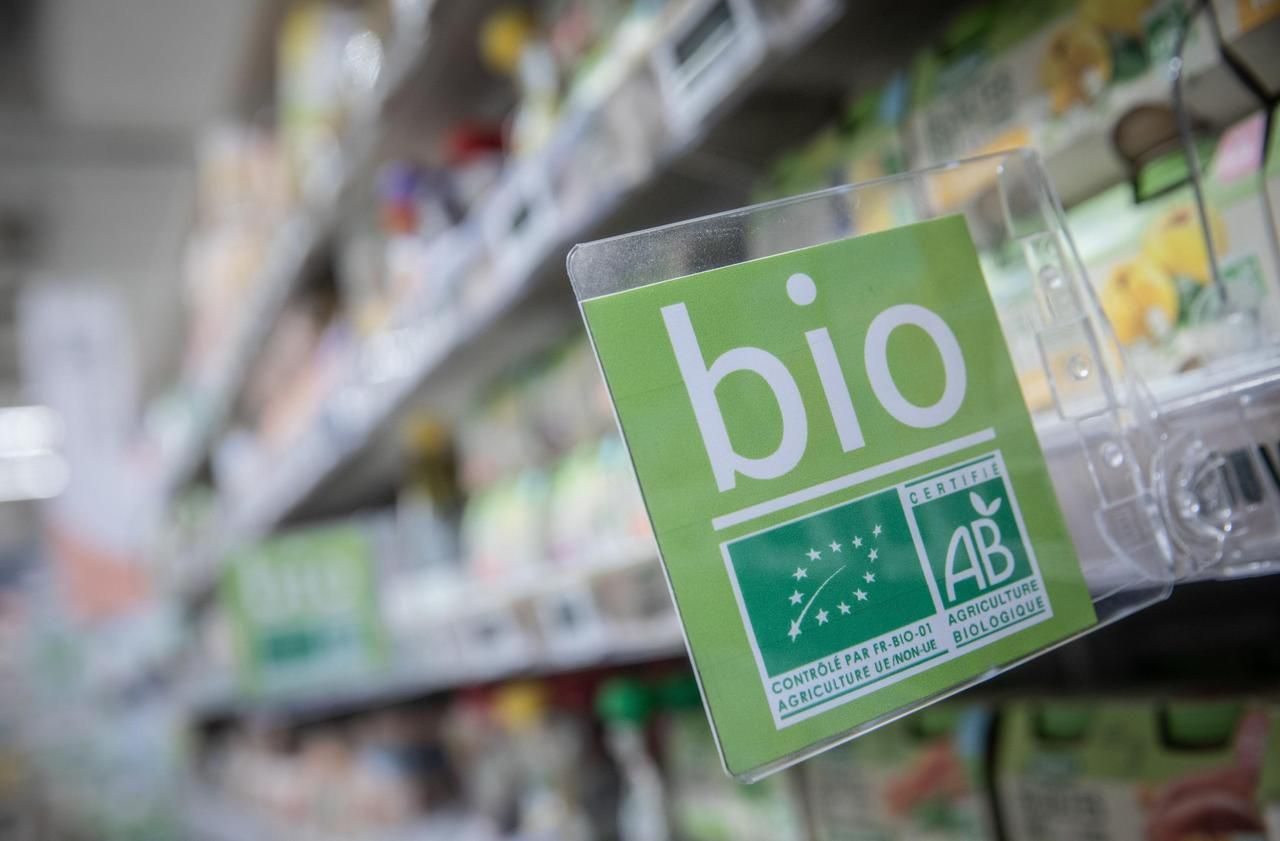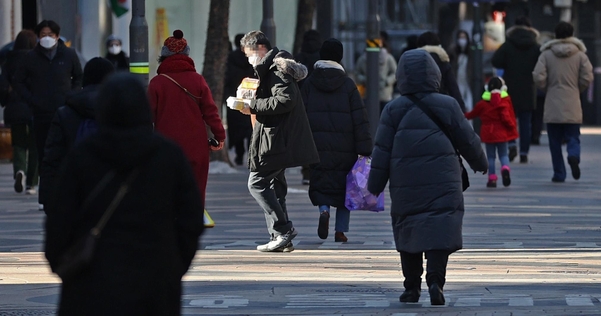Two years ago, when he arrived in Evry-Courcouronnes (Essonne), Tom was shocked. This original Breton, convinced ecologist, noted with astonishment that there was no organic store in this town of nearly 70,000 inhabitants.
“I have lived in a lot of places like Rennes, Brest, Compiègne or Nancy – and this is the first time that this has happened to me, confirms this librarian. For me, a big city was necessarily synonymous with organic brands. “
READ ALSO> 4,000 hectares more in one year: the boom in organic farming in Ile-de-France
A situation that this thirty-something struggles to explain. “Yet I think there is a market,” he said. But I imagine that the brands say to themselves that there is no public for this type of product in a popular city like Evry-Courcouronnes. “
Stores “where purchasing power is important”
The city-prefecture of Essonne is not an isolated case. Saint-Denis, the most populous city of Seine-Saint-Denis with its some 111,130 souls, does not have any of the major groups specializing in organic products, such as Naturalia, Biocoop, La Vie Claire… Apart from the organic departments of supermarkets , only one independent grocery store exists in this municipality. And the examples can multiply in the most disadvantaged areas of Ile-de-France.
READ ALSO> The true-false of organic: all the questions you ask yourself
How then to explain such an absence when organic products are more and more popular with the French?
Newsletter The essentials of 91
A tour of the news of Essonne and Île-de-France
—
“There are still 10 or 15 years, organic was reserved for an elite or activists, this is no longer the case today, concedes Yoann Haziza, deputy general manager of Naturéo, a brand established exclusively in peri-urban areas. But still today all the analyzes show that the appetite for organic is much stronger among CSP + (higher socio-professional categories, Editor’s note). “
The group – which has about fifty stores in France, half of which in Ile-de-France – therefore seeks first to settle in places “with a strong population pool” and “where the purchasing power is as important as possible ”.
“Our strategy is to be everywhere and for everyone”
However, Naturéo supermarkets have for example opened in the shopping areas of Corbeil-Essonnes (91) and Fresnes (94), two rather popular towns. “These stores are installed in places that drain a lot of traffic,” explains the deputy director. People come from far away, often with greater purchasing power. It has never been our primary criterion to locate in popular areas. “
READ ALSO> Organic fruits and vegetables 44% more expensive on average: why such a difference?
On the side of Biocoop, one of the leaders in the sector, the philosophy seems different. “Our strategy is to be everywhere and for everyone,” assures Gilles Baucher, director of this network created in 1986, which has 78 stores in Ile-de-France. It’s a question of time. We are present in Paris as well as on the outskirts. We also have a Biocoop which should soon open in Saint-Denis. “
This professional would also like to recall that the first Parisian store, Canal Bio, was opened 20 years ago in the 19th arrondissement. “And I can assure you that at the time, it was far from being a bohemian neighborhood,” he says. Most of the first stores were also in working-class neighborhoods because of the cost of land. “
What to consider setting up a Biocoop in Evry-Courcouronnes? “We are a network of freelancers, recalls Gilles Baucher. If tomorrow, we have a local project leader who wants to open one in this city, we will be totally up to it. “
“The social accessibility of organic remains a problem”
A track that should interest the town. Because in the coming weeks, the first assistant, Danielle Valéro (without label) and other members of the majority had precisely planned to go to canvass organic brands themselves.
“I do not understand that there are none, rebels this elected, in particular in charge of ecological and social transition. The brands must tell themselves that they are not going to be successful here but that is not true. There is a demand, otherwise there would be no organic department at Carrefour d’Evry 2. ”
For her, this absence also raises the question of access to organic. ” What does that mean ? That people are not allowed to consume quality products here, she squeals. Equality of territories must also go through this. “
In the meantime, Tom continues to get on his bike every week to go shopping in Corbeil-Essonnes, in the nearest organic store. With other residents, he is also thinking about opening an organic and social grocery store with products at cost prices.
An alternative which could make it possible to democratize organic even more. “The social accessibility of these products remains a real problem, with brakes that are both financial, practical and cultural in the broad sense”, analyzes Claire Lamine, sociologist and research director at INRA (Institut national de agronomic research).
However, according to this researcher, “this question must also be taken up by public action” with, among other things, organic food in the menus of canteens or cooking workshops in social centers.
–


